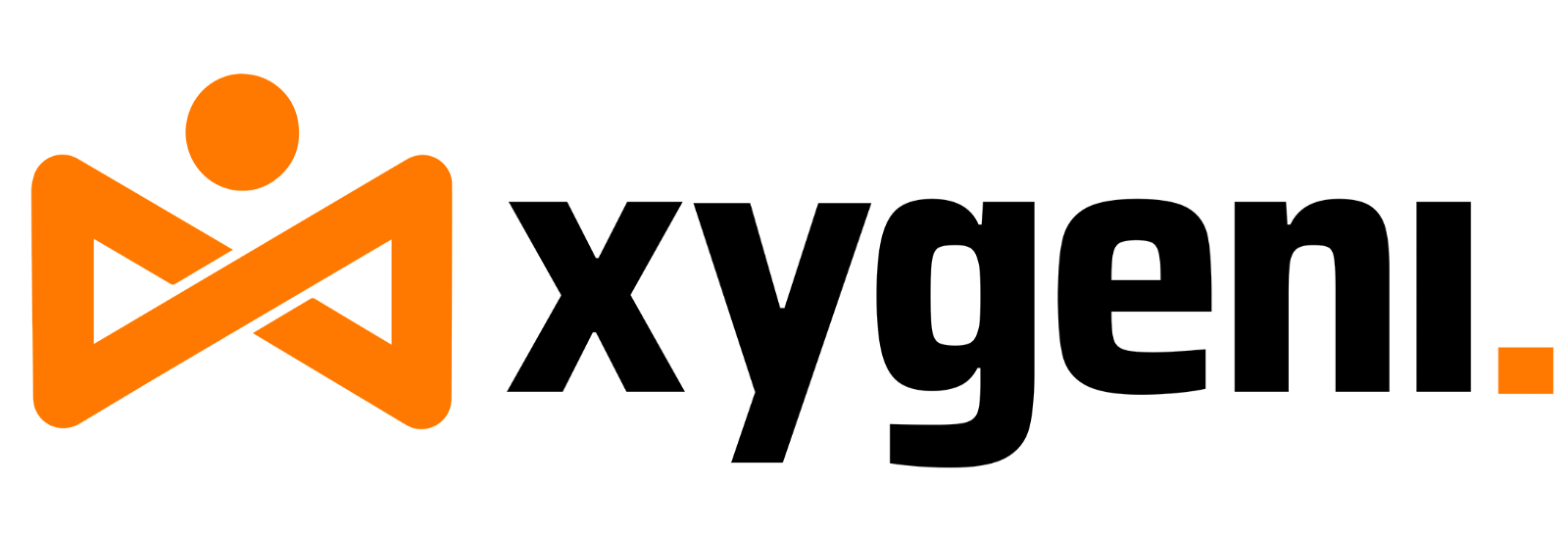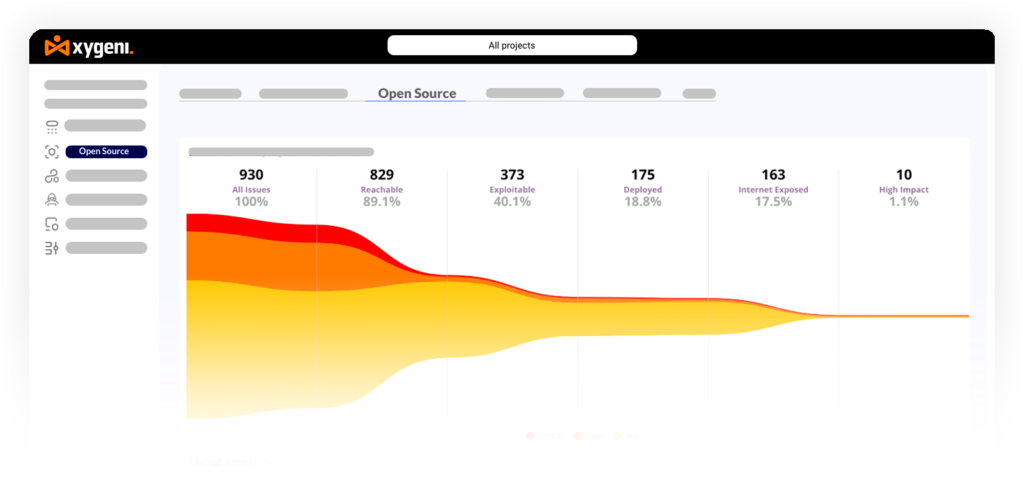Most people don’t start by reading the AICPA documentation. They start with a SOC 2 compliance checklist. That is usually the moment when things become real. You stop asking “What is SOC 2?” and start asking “Do we actually have this?” and “Who owns that control?”
SOC 2 sounds abstract until you try to implement it. Then it becomes very concrete, very quickly.
Quick Introduction to What is SOC 2 Compliance and Why it is Important #
Service Organization Control 2 (SOC 2) is a framework created by the American Institute of Certified Public Accountants (AICPA). Its goal is simple: to evaluate how well a service organization protects customer data.
SOC 2 is not about a single control, tool, or product. It is about whether your systems, processes, and people behave in a way that deserves trust. The framework is built around five Trust Service Criteria (TSC): security, availability, processing integrity, confidentiality, and privacy.
SOC 2 matters because customers cannot see inside your systems. The audit is the mechanism that provides assurance when direct visibility is impossible.
So, What Are the Requirements? #
SOC 2 compliance requirements describe what an organization must demonstrate in order to show that it handles customer data responsibly. This is especially relevant for cloud and SaaS providers, where customer data is continuously processed outside the customer’s own environment.
Rather than prescribing exact technical solutions, SOC 2 focuses on whether appropriate controls exist, whether they are aligned with the organization’s risks, and whether they are consistently applied.
Overview of SOC 2 Compliance #
SOC 2 compliance is not legally required, but in practice, it often becomes unavoidable. Many organizations discover that sales cycles slow down or stop entirely once customers start asking for a SOC 2 report.
SOC 2 is different from other frameworks like ISO 27001. It was designed specifically for service organizations, and it focuses on how systems are used to deliver services, not just how policies are written.
The Five Trust Service Criteria (TSC) – Achieve Compliance #
As we mentioned before, SOC 2 is based on five “Trust Service Criteria” (TSC), let’s define them:
- Security: implement the necessary measures to protect your systems against unauthorized access.
- Availability: make sure your systems are operational and accessible as committed.
- Processing Integrity: verifying that your systems can process all the data accurately and without any mistakes.
- Confidentiality: safeguard sensitive information from unauthorized disclosure.
- Privacy: proper management of personal data in alignment with privacy principles.
Want to read more about TSC?
SOC 2 Compliance Requirements #
The exact SOC 2 requirements depend on scope, architecture, and risk appetite. That said, the same patterns appear again and again.
Organizations need controls around access management. They need encryption to protect sensitive data. They need an incident response process that is more than a document nobody reads. And they need logging and monitoring, because you cannot protect what you cannot see.
Implementing these controls is usually not the hardest part. Keeping them effective as systems, teams, and business priorities evolve is.
Why are Those Requirements Important? #
As we have said before, SOC 2 compliance is critical for organizations that wish to establish and maintain trust with their customers. Some of the key benefits include:
- Enhanced Customer Confidence: Demonstrates a commitment to data protection and transparency.
- Competitive Advantage: Differentiates your organization from competitors lacking compliance.
- Risk Mitigation: Ensures rigorous controls to prevent data breaches and other security incidents.
- Regulatory Alignment: Assists in meeting other data protection regulations and standards.
SOC 2 compliance also provides organizations with a structured approach that helps them to manage their security controls. In that way, it helps them to align their operations. with the best practices for data security.
Types of SOC 2 Reports #
SOC 2 reports can be classified into two types:
- Type I: It is a SOC 2 Report that evaluates the design and implementation of controls at a specific point in time.
- Type II: This one, on the other hand, assesses the operating effectiveness of controls over a defined period (typically 6-12 months).
Type II reports are more comprehensive and, customers and partners usually prefer those as they provide greater assurance about the ongoing effectiveness of an organization’s security measures.
How does Xygeni Support SOC 2 Compliance? #
Xygeni simplifies the SOC 2 compliance journey as it provides tools for security and compliance management. The platform offers:
- Automated Monitoring: Streamlines the continuous monitoring of security controls.
- Policy Templates: Pre-built templates for creating and managing SOC 2-compliant policies.
- Risk Assessments: Tools to identify and mitigate vulnerabilities effectively.
Learn more about how Xygeni can help you achieve and maintain compliance. Try it Now
SOC 2 Compliance Checklist #
Below is a practical SOC 2 compliance checklist that organizations typically use when preparing for an audit:
- ☐ Define the scope of the SOC 2 assessment
- ☐ Identify applicable Trust Service Criteria
- ☐ Document security policies and procedures
- ☐ Implement role-based access controls
- ☐ Enforce multi-factor authentication
- ☐ Encrypt sensitive data at rest
- ☐ Encrypt sensitive data in transit
- ☐ Establish an incident response plan
- ☐ Test the incident response process
- ☐ Enable centralized logging
- ☐ Implement continuous monitoring
- ☐ Perform regular risk assessments
- ☐ Collect and retain audit evidence
- ☐ Conduct internal readiness reviews
- ☐ Engage a licensed CPA firm
- ☐ Address audit findings and gaps
- ☐ Continuously review and improve controls
This checklist is not static. It evolves as systems, threats, and business requirements change.
So, Less About the Report, More About the Discipline #
SOC 2 compliance is not about chasing a report. It is about proving, repeatedly, that your organization can be trusted with customer data.
The Trust Service Criteria provide the structure. The checklist provides the execution. What matters is the discipline to keep both aligned over time.
Done correctly, SOC 2 becomes less about compliance and more about operational maturity.



